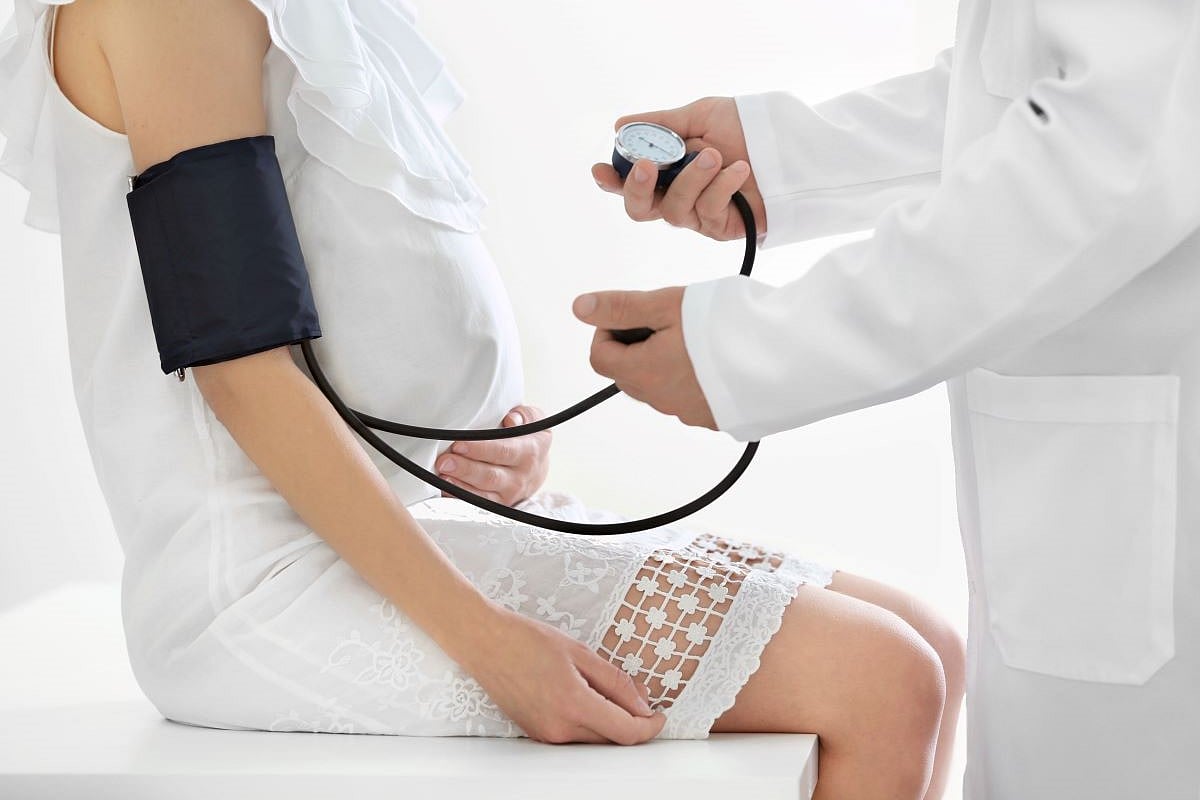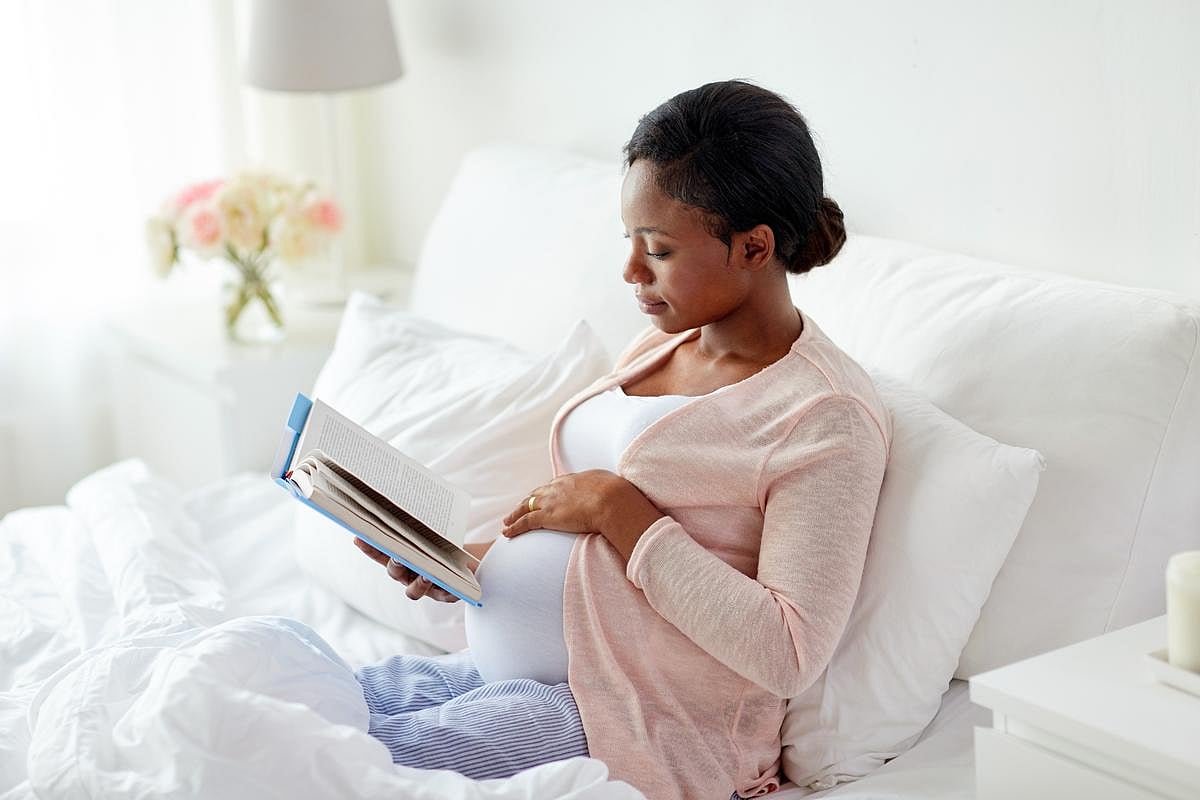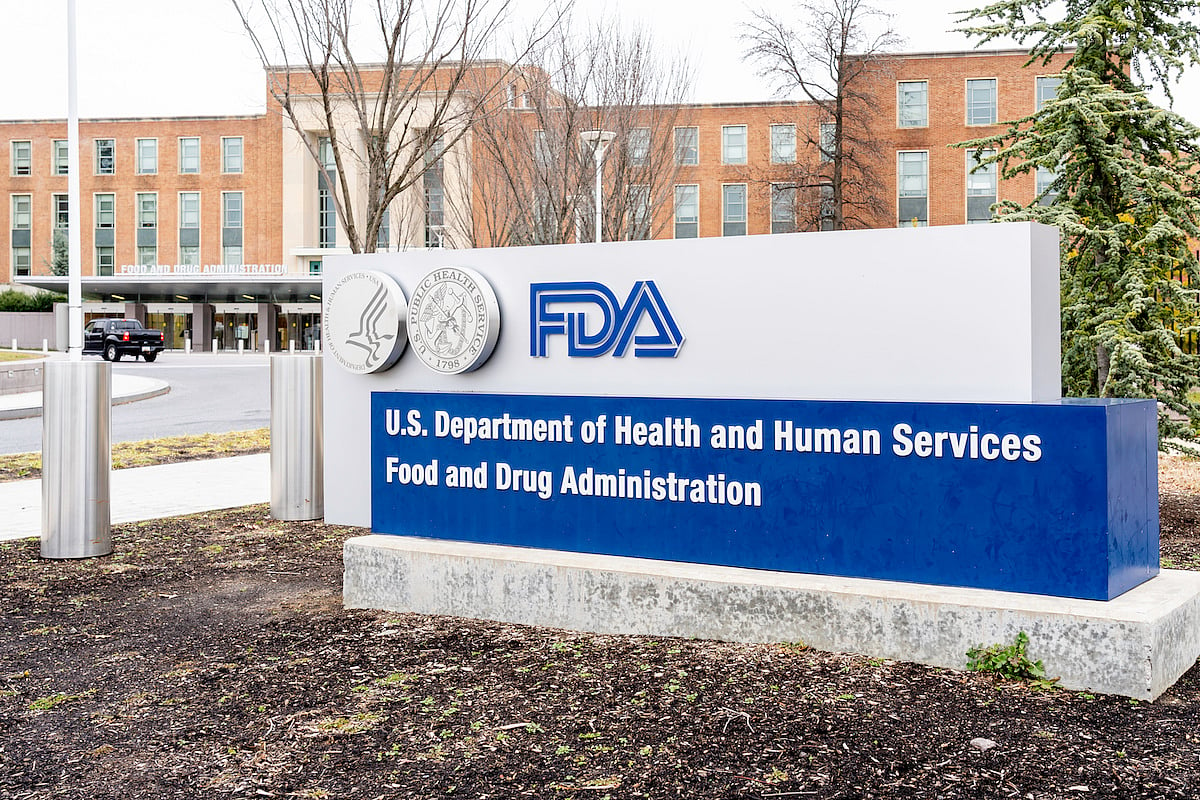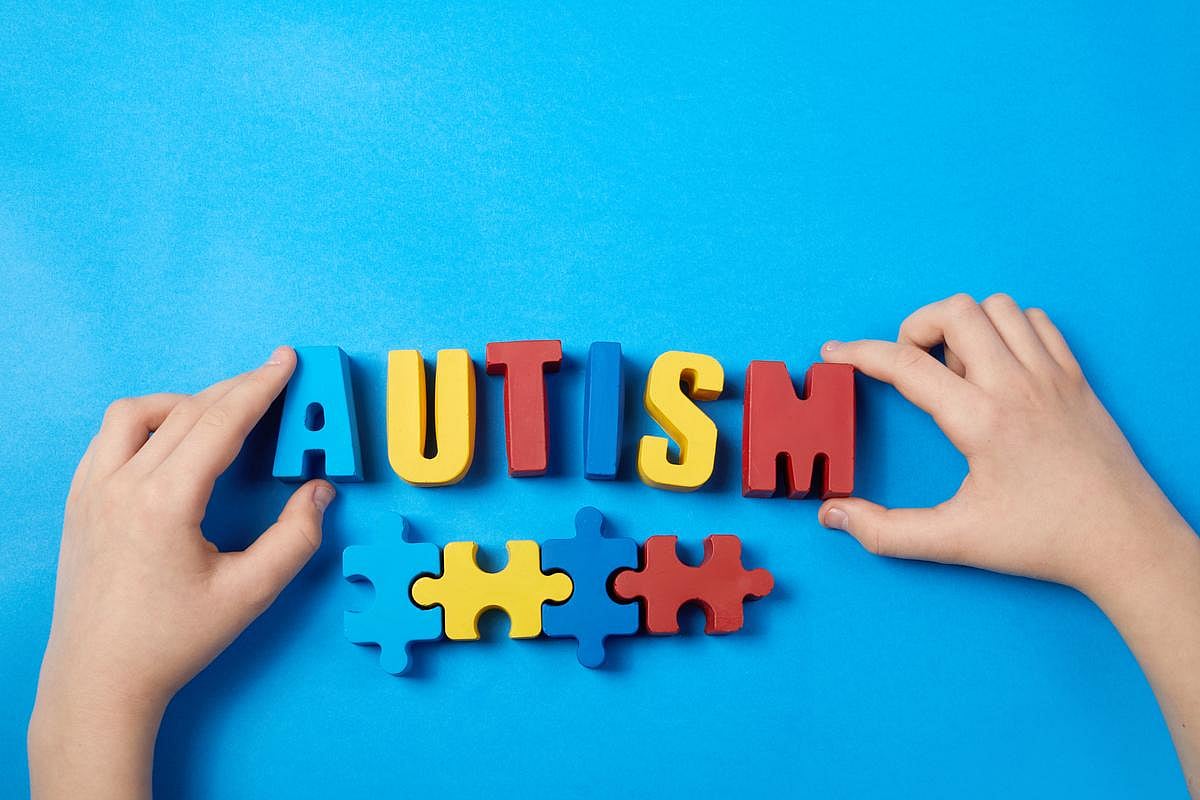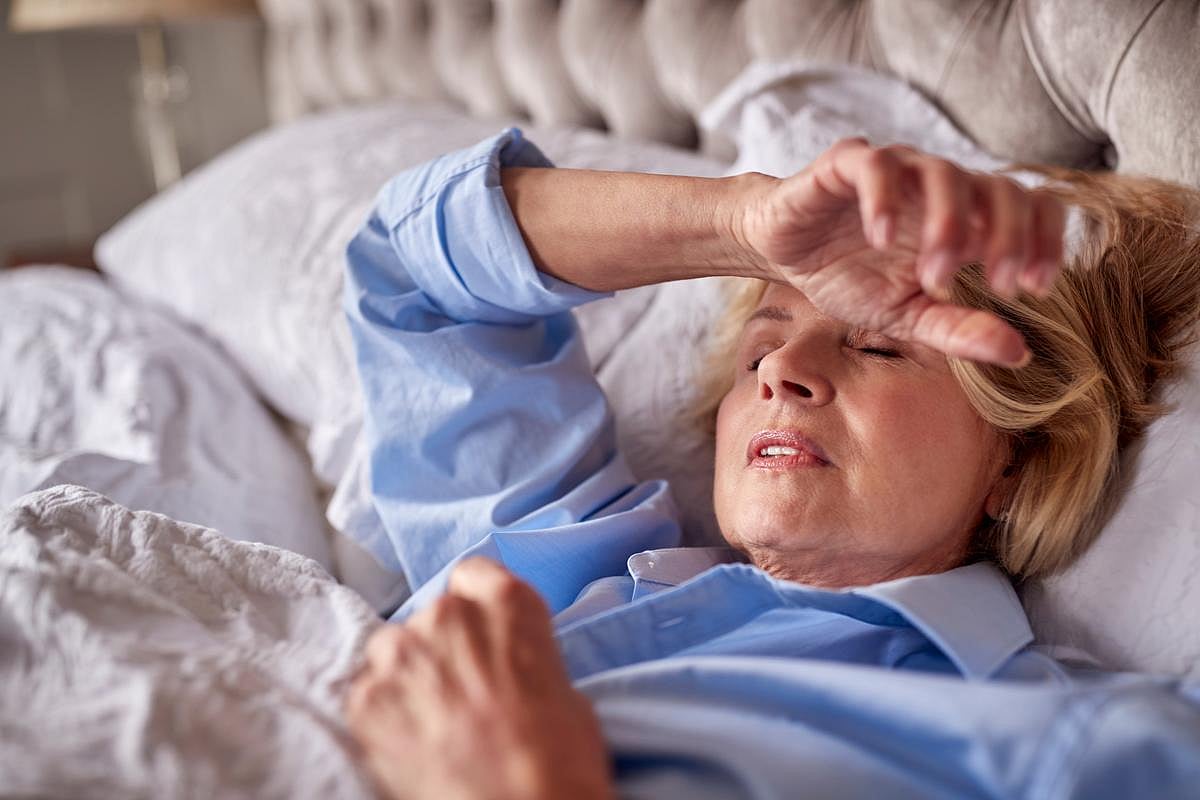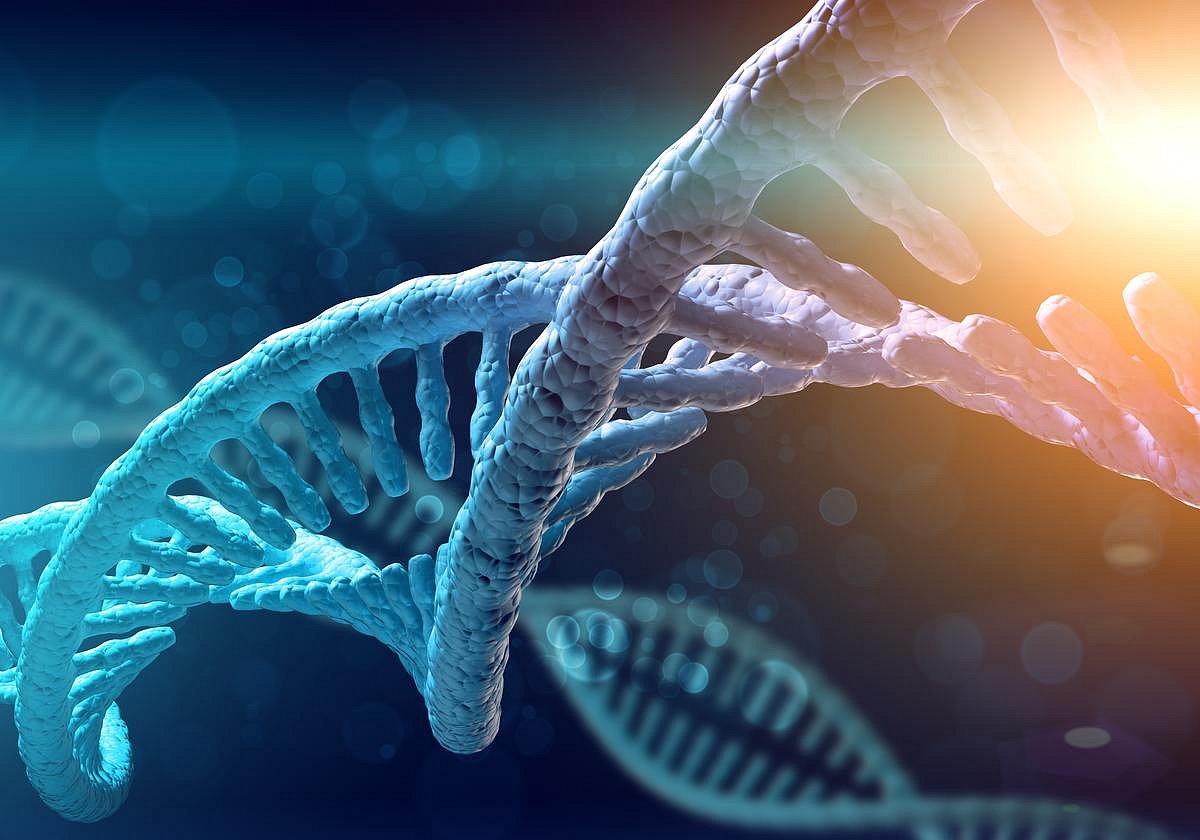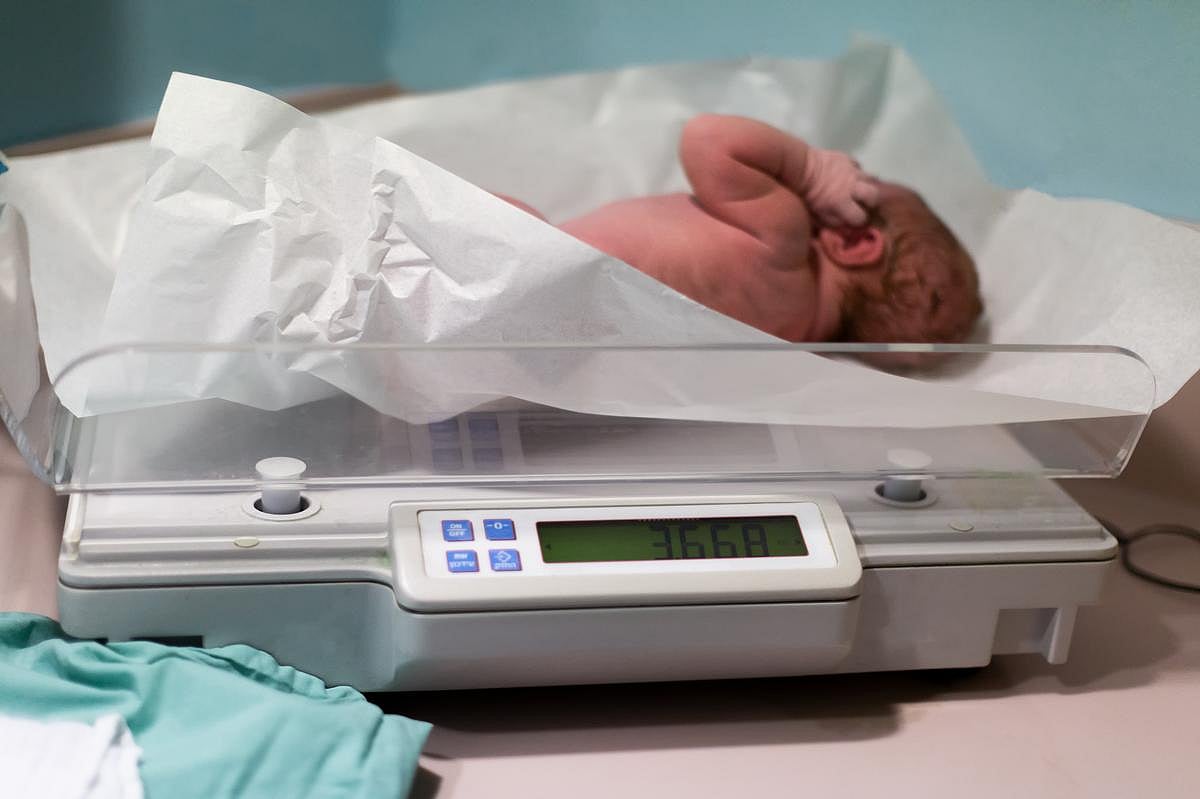
An expecting mother’s ZIP code can influence the future health of their newborn child, new research has found. Women with rural ZIP codes are less likely to get proper prenatal care, and their newborns more likely to have troubling health at birth, researchers reported Sunday at the American Society of Anesthesiologists’ annual meeting in San… read on > read on >










.jpg)
